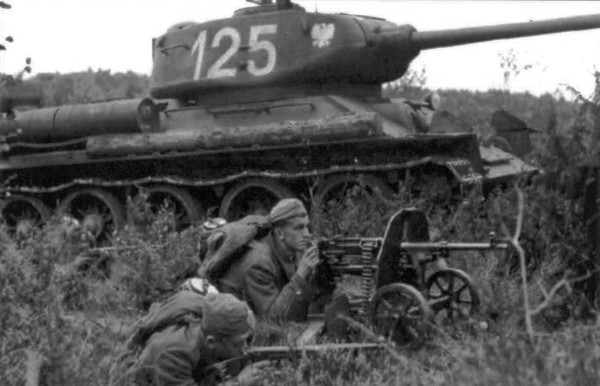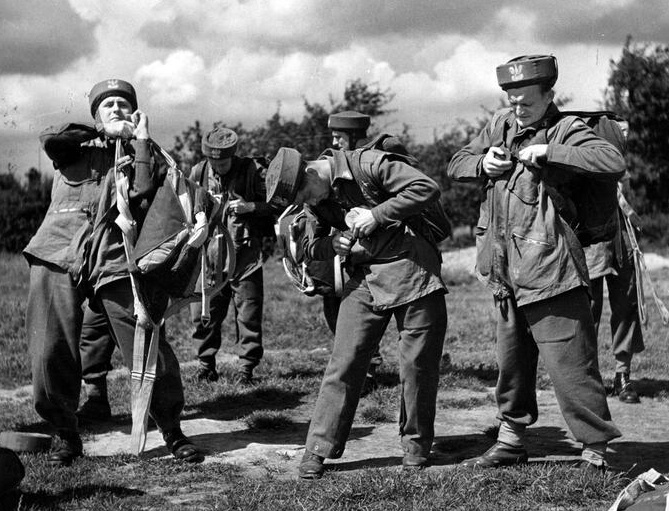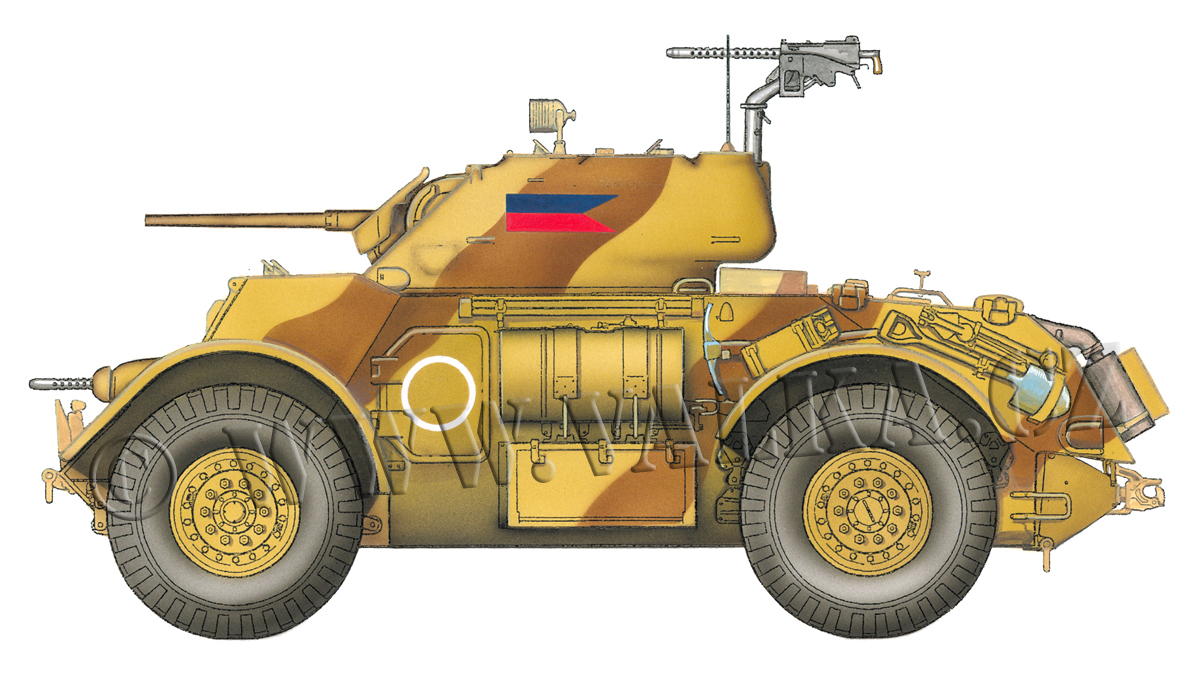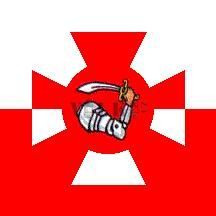
Polish army in the Prague offensive
On July 30, 1941, an agreement was signed between the USSR and the Polish government in exile in London, represented by General Wladyslav Sikorski (1881–1943), Prime Minister and Commander of the Polish Armed Forces. Polish soldiers fought the Nazis even after their bitter defeat at the very beginning of World War II; as early as 1940, they first helped the Norwegians and then took part in the fighting alongside the French army in the number of about 90,000 people. In addition, an illegal but not negligible Land Army ( Armia Krajowa ) operated directly on the territory of occupied Poland. The July Soviet-Polish treaty, concluded under the impression of an attack by Germany and its allies against the USSR, primarily annulled previous Soviet-German pacts on the division of conquered Poland and, in addition, approved the creation of Polish armed forces in the Soviet Union. On August 12, 1941, the Soviet government declared an amnesty for Polish citizens located in the USSR, and two days later an agreement was signed on the conditions for the establishment of a Polish foreign army.




